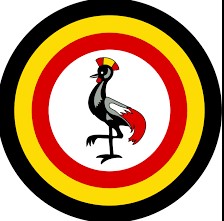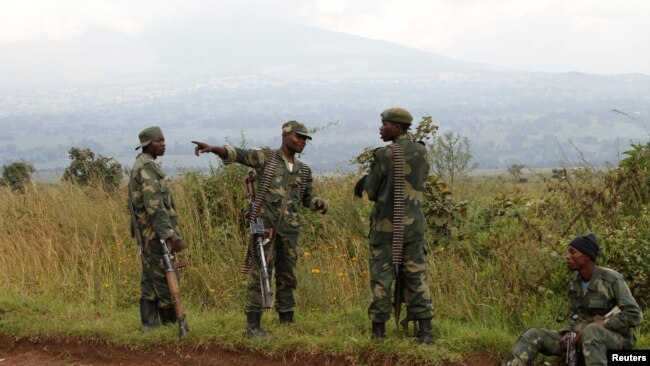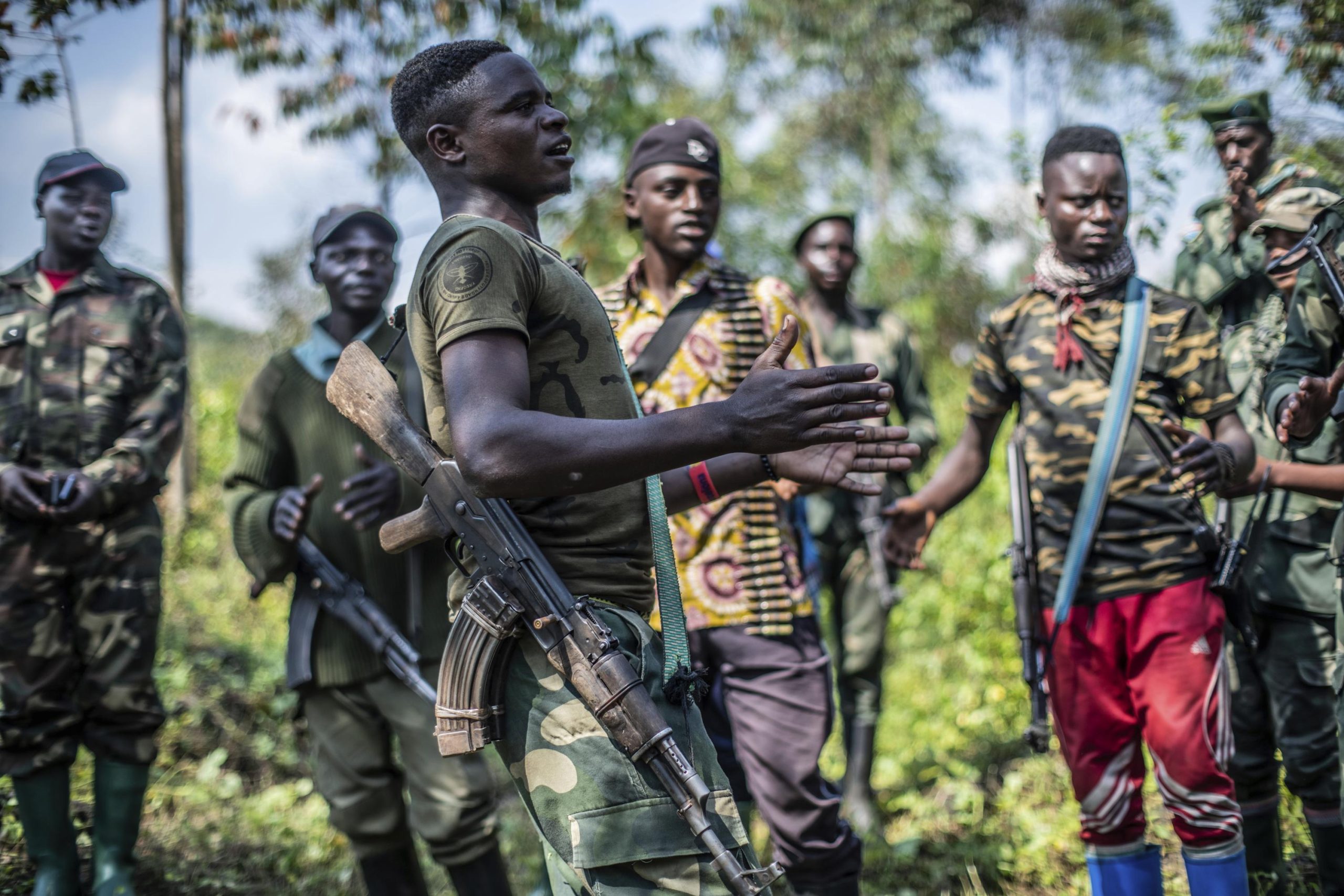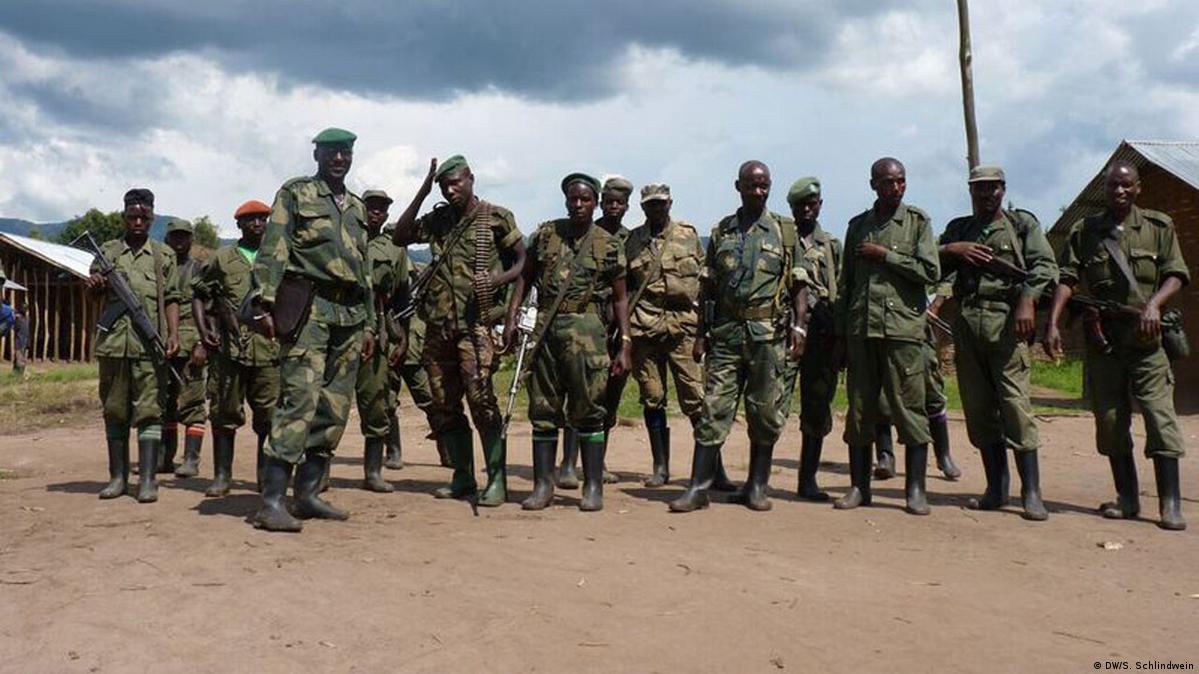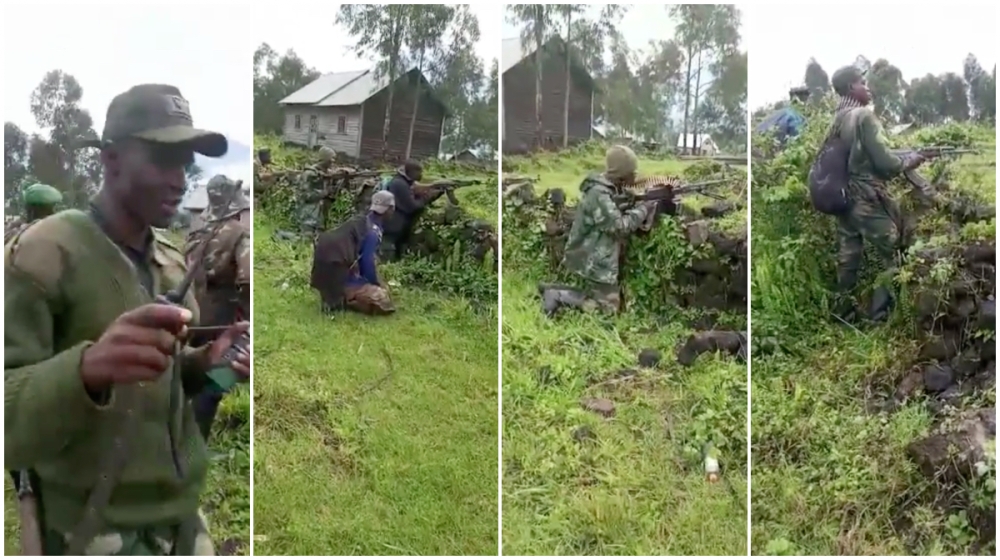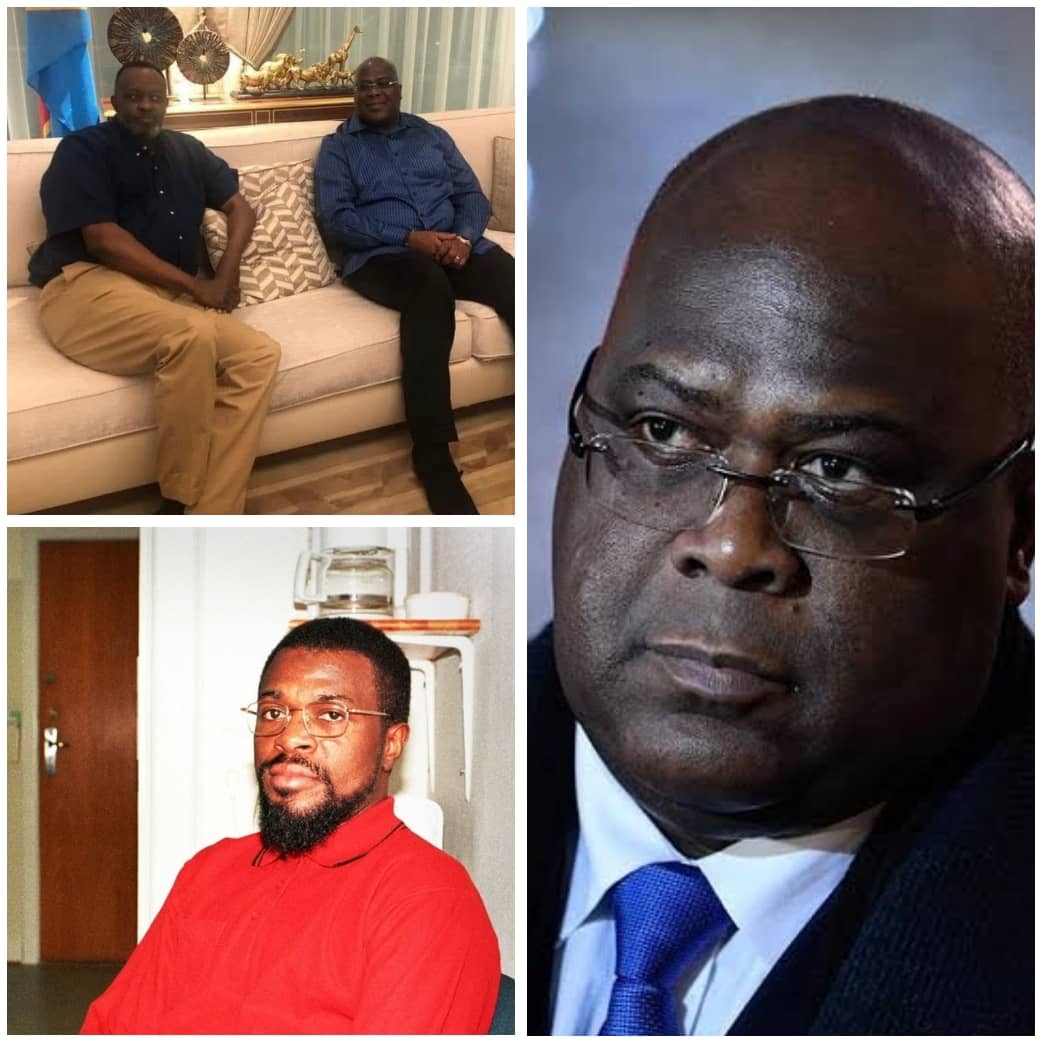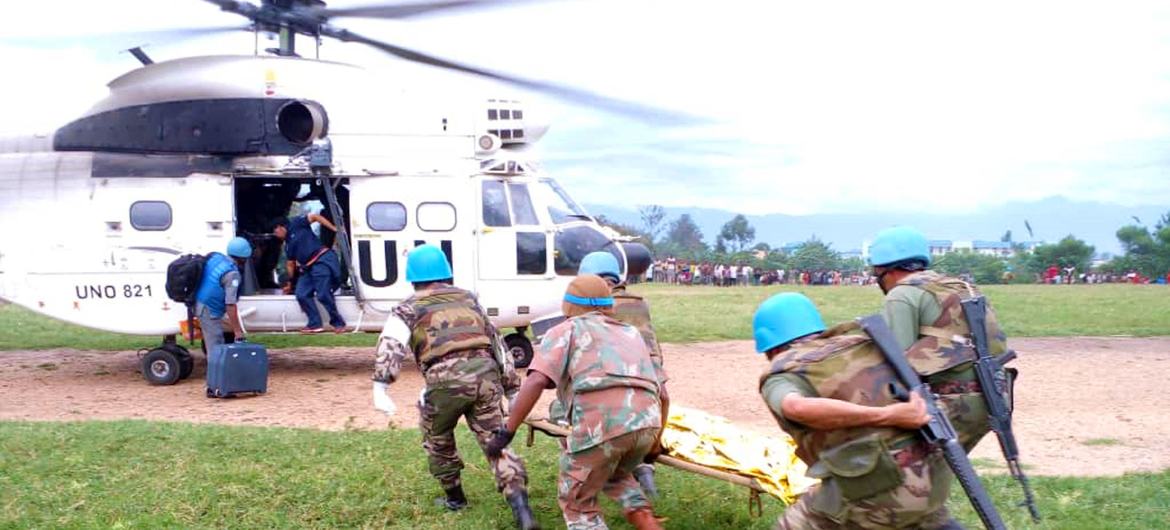Regional
Why Tshisekedi doesn't want to dismantle FDLR
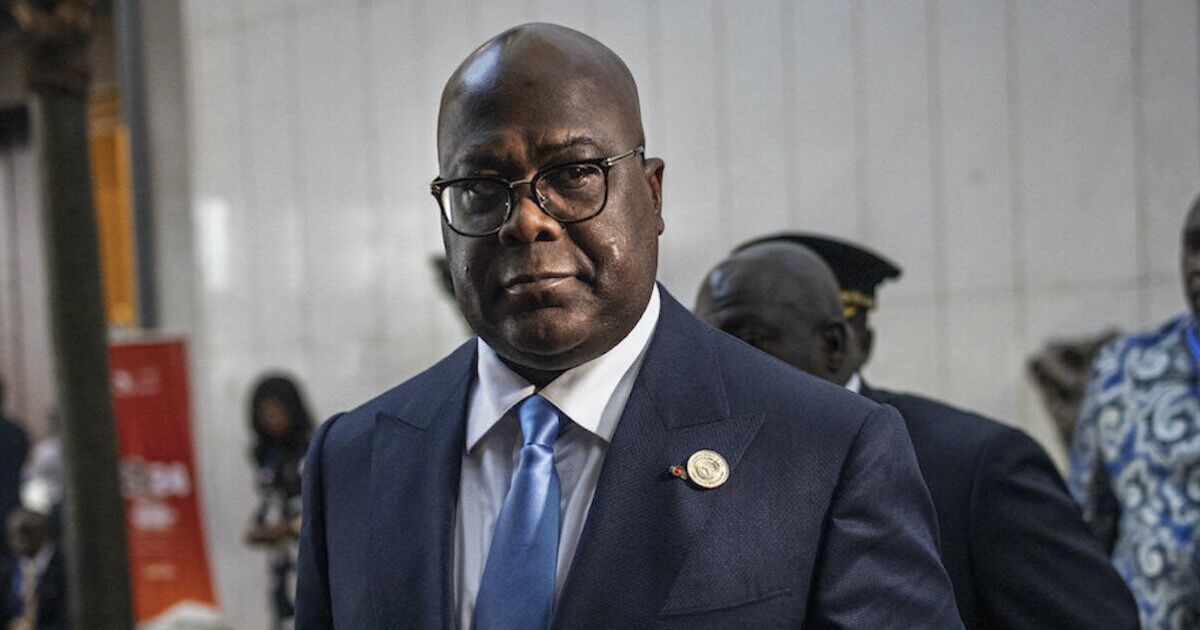
Congolese President Félix Tshisekedi.
The east of the Democratic
Republic of Congo (DRC) has experienced insecurity for more than three decades,
with over 260 armed groups operating in the restive region. Worse still, many
of the groups receive support from the Congolese government.
The DRC-based FDLR, a terrorist group formed by remnants of the perpetrators of the 1994 Genocide against the Tutsi in neighboring Rwanda, is on one of the militia groups wreaking havoc in the region.
Kinshasa is very sure of that
but keeps on supporting the group logistically and ideologically.
In 2022, the UN Special
Adviser on the Prevention of Genocide, Alice Wairimu Nderitu, noted that the
violence in eastern DRC is perpetrated by individuals involved in the 1994
Genocide against the Tutsi in Rwanda who fled to the region, forming the FDLR
militia which is still active.
Nonetheless, Congolese
President Félix Tshisekedi has rejected advice to dismantle FDLR because he
shares its genocide ideology. Persecuting, and wiping the Tutsi out of Africa’s
great lakes region, is their joint mission.
Ever since Tshisekedi first
assumed office, six years ago, hate speech and killings targeting the Congolese
Tutsi escalated. FDLR has burned houses that belong to the Congolese Tutsi, and
damaged their property with total impunity.
The Congolese army coalition,
including FDLR, in eastern DRC continues to target Congolese Tutsi, Hema and
Banyamulenge communities. Congolese Tutsi communities continue to be subjected
to widespread hate speech, discrimination, and violence, rooted in the genocide
ideology kept alive by the FDLR and embraced by the Congolese leadership and
security apparatus.
Secondly, Tshisekedi does not
want to uproot the genocidal militia because he believes that FDLR is stronger,
as a fighting force, than his poorly managed, indiscipline, and corrupt army.
He wants the terrorist group to help him in fighting rebellions against his
regime.
The FDLR has been on the
frontlines whenever the Congolese national army was involved in battles with
rebel groups. The genocidal group trains militiamen from armed militias grouped
in Wazalendo to fight M23 rebels.
An October 2022 Human Rights
Watch report noted that the Congolese army, FADRC, supplied arms and
ammunitions to the FDLR. The report says that FARDC used FDLR to fight M23
rebels who are fighting against existential threat. The rebel group is fighting
to end decades-long persecution of Kinyarwanda-speaking Congolese, especially,
Congolese Tutsi.
Tshisekedi no longer trusts
his own army. He relies on FDLR to the extent that the Congolese Republican
Guard personnel are recruited from the genocidal group.
Tshisekedi’s refusal to
dismantle FDLR is also in line with his grand plan to destabilize Rwanda as he
has often declared.
As the Congolese President
plans to wage war against Rwanda, FDLR members were promised to take control of
all areas close to the Rwanda border once they successfully coordinate military
operations against M23. In return, if the operation succeeds, Kinshasa will
facilitate the FDLR in their war against Rwanda, to bring “regime change in
Kigali” as Tshisekedi declared publicly.
The FDLR is supplied with
light weapons but it fears that it could not attack Rwanda without heavy
weapons, which Kinshasa is working tirelessly to provide. In September 2019,
Rwanda saw its bloodiest attack in over two decades when dozens of civilians
were killed and many others injured by FDLR in Kinigi, a touristic area in
Rwanda's Northern Province. The genocidal militia attacked the inhabitants of
Kinigi with knives and rudimentary weapons.
The Congolese army and its
allies, especially FDLR, have been responsible for several other attacks on
Rwanda's territory claiming the lives of innocent civilians. In June 2022, two
rockets were shelled on Rwandan territory, in Musanze District. The shelling by
the Congolese army was the third in less than four months. Prior to that, two
similar incidents happened in March and May in Musanze and Burera districts,
leaving several civilians injured and lots of property damaged.
Congolese Sukhoi-25 fighter jets
violated Rwandan airspace three different times.
The first such incident
occurred on November 7, 2022, when a Sukhoi-25 warplane violated Rwanda’s
airspace, briefly touching down at Rubavu airport in Western Province. The
Congolese government later admitted its warplane violated Rwanda’s airspace and
claimed that the incident happened "accidentally." A second incident
happened on December 28 when a jet of the same type again violated Rwanda’s
airspace.
On January 24, 2023, for the
third time, a Congolese Sukhoi fighter jet entered the Rwandan territory and
the Rwandan army shot at it. Following each of these repeated violations, the
Rwandan government issued statements, urging the DRC to stop the transgressions
that are against the spirit of the Luanda and Nairobi peace initiatives.


